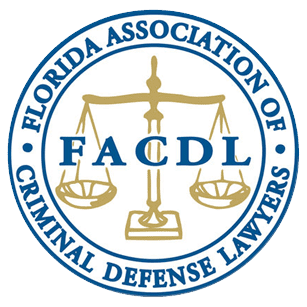On December 17, 2015, the seven justices of the Florida Supreme Court unanimously approved a ballot initiative for a constitutional amendment that would legalize medical marijuana in the state. The Supreme Court determined that the proposed amendment’s language was unambiguous, in line with regulations for ballot initiatives, and accurately represented the amendment’s purpose.
If the United for Care ballot initiative gets enough supporting petitions this month, Floridians will be able to vote on the constitutional amendment this year. In Florida, laws can be changed either through the legislative process or through ballot initiatives, where citizens directly vote for or against proposed laws or constitutional amendments.
Direct Democracy Shows Promise for Marijuana Law Reform
Directly voting for a law during a referendum allows citizens to bypass the House of Representatives and the Senate, which may be unwilling to tackle issues as divisive as medical marijuana. California voters similarly voted for legal medical marijuana in a 1996 referendum.
So how close are we to having legal medical marijuana in Florida? Based on the current trend nationwide toward legalization and the political climate in Florida, the outlook for the constitutional amendment is positive. Assuming the initiative gets the nearly 700,000 petitions it needs to get on the ballot, 60 percent of Florida voters will need to approve it for it to become the law of the land.
In 2014, United For Care got a similar amendment proposal placed on the ballot, but the initiative only got 58 percent of the vote. Powerful figures such as Attorney General Pam Bondi and casino mogul Sheldon Adelson oppose the legalization of medical marijuana and used their political and financial influence to sway the outcome of the referendum. It’s reported that in May 2015 Adelson donated $2.5 million to Drug Free Florida, so we can expect the campaign against medical marijuana to be well-funded once again.
Given the successful medical marijuana laws and regulatory schemes being implemented across the nation, it’s likely that more and more voters will welcome legalizing medical marijuana in Florida. A few counties within the state have already taken steps to lessen the burden for people who chose to medicate with marijuana. For example, Broward, Palm Beach and Miami-Dade counties have decriminalized the possession of small amounts of cannabis.
Contact a Sarasota Criminal Defense Lawyer
Until Florida takes a compassionate and common sense approach to medical and recreational marijuana use, Sarasota criminal defense lawyer Erika Valcarcel will continue to fight to protect the rights of people charged with marijuana offenses. The goal is to give each and every person Erika Valcarcel, Criminal Defense Lawyer, P.A. represents the best chances possible when confronting the criminal justice system.
If you’re facing marijuana-related charges, call Erika Valcarcel, Criminal Defense Lawyer, P.A. today and for a free and confidential consultation about your case and your options for a defense.
View All Blogs

